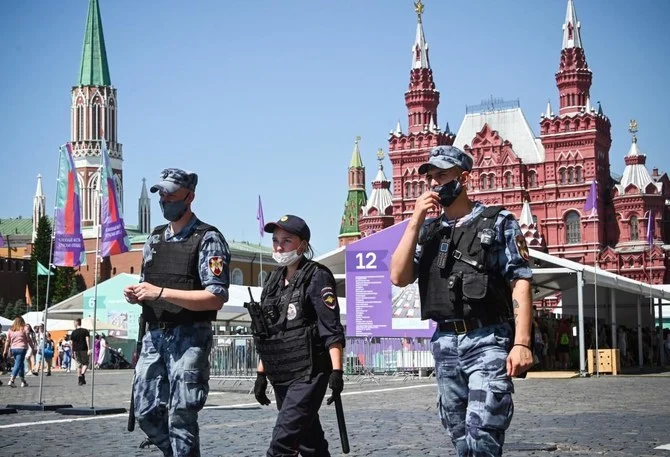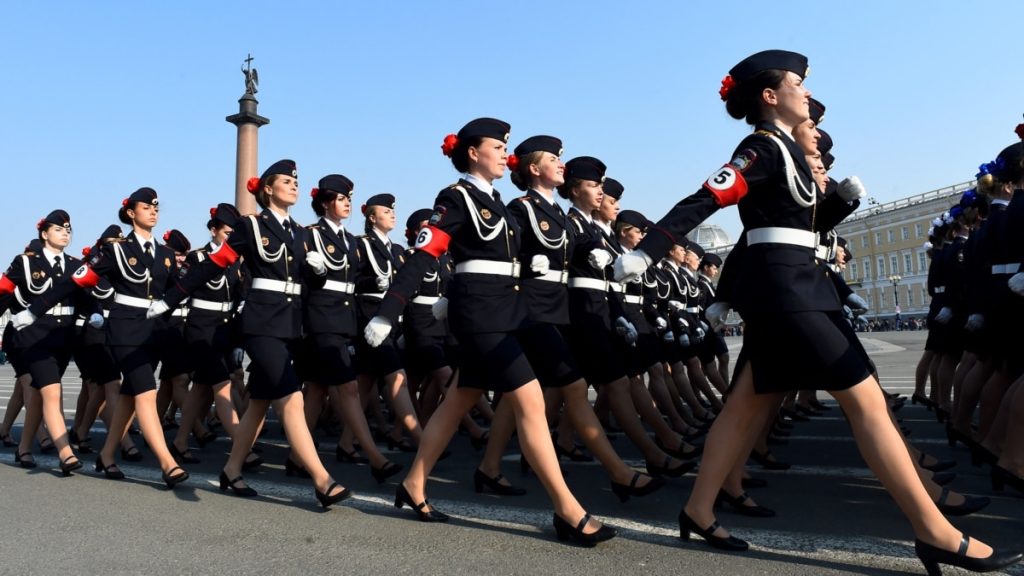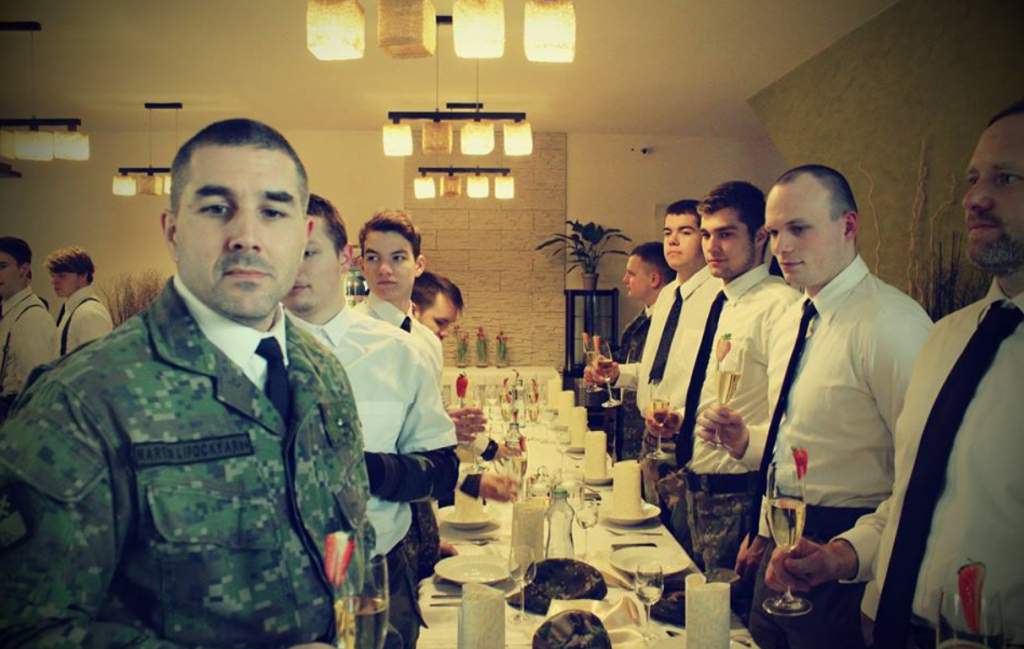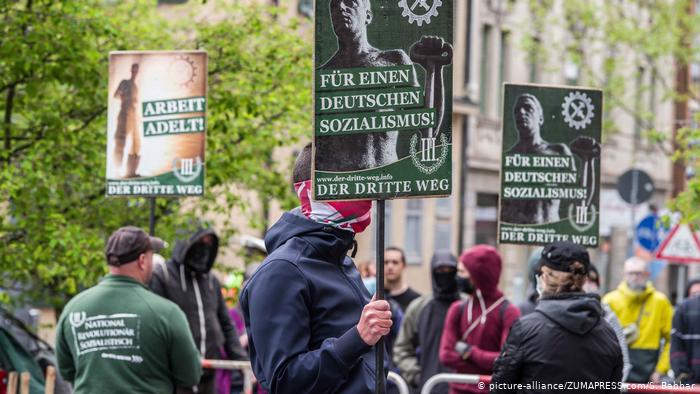The Kremlin’s response to the car explosion of Russian neo-Nazi Alexander Dugin’s daughter has turned the spotlight on to the ideological values cultivated in Russia over the last decade. Collapse of communism in Russia has led to ideological vacuum, as the government, eager to preserve Soviet security of tenure for political leaders, right to engage in repression, and kleptocracy, lost the vision of how to explain their reasons to the people and their own entourage. The Kremlin sought those ideas in Russian philosophical models of the past, as they implied authoritarianism and sacredness of power. The Russian government and society are not able to accept the ideas of democracy, as they threaten Russia’s existence as an integral state with authoritarian rule.
At Darya Dugina’s funeral, Leonid Slutsky, Russian Liberal Democrats leader and head of the parliamentary committee on international affairs, said that “One country, one president, one victory.” principle should be the priority. This thesis is an interpretation of Nazi Germany slogan: “One people, one Reich, one Fuhrer.” Rafael Glucksmann, a MEP from France, also believes that not just Putin and his entourage, but also Russian people, have turned into fascists.
The issue of the world not momentarily taking Russia, as a fascist state, arises from Moscow’s declarative policy of fighting fascism, which started back in Stalin’s time. US Senator Huey Long, however, back in the 1930s, said the fascism of the future would be called anti-fascism. And this warning has turned out to deal with today’s Russia, in fact.
We have already cited examples of analogy and borrowings of Nazi ideology in Russian politics.
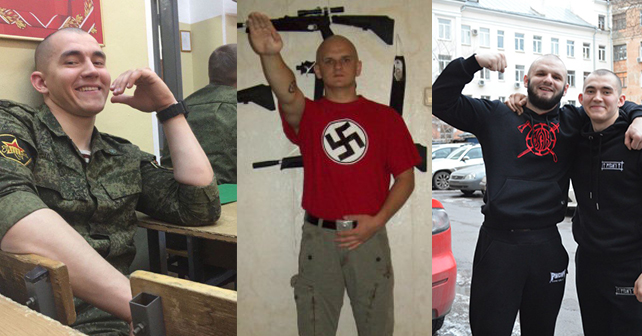
Read also: Russia’s political line: neo-Nazism
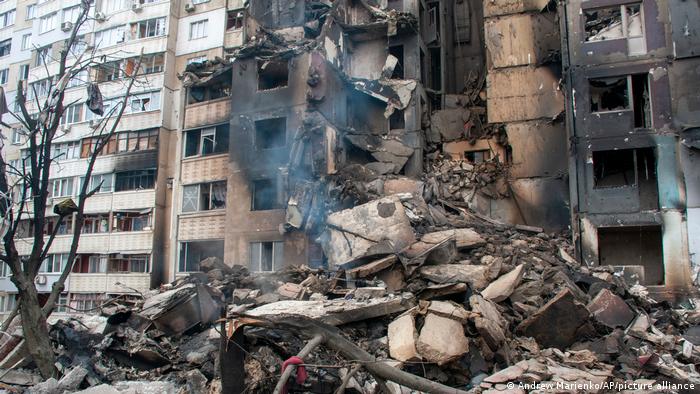
Read also: Russia proved to succeed Nazi Germany
But in fact, the roots of this problem arose back in the 1920s, with Ivan Ilyin’s ideas developed. A White emigration advocate, he fled to Berlin and produced the works that Vladimir Putin has quoted and used in his speeches starting from 2005. Putin cited Ilyin in 2010, to explain why it is necessary to undermine the European Union. Putin has further promoted Ilyin’s ideas, as they were adapted later by one of the political ideologists of the GRU-affiliated group, Vladislav Surkov, an ideologist and curator of Crimea’s annexation and the war launched in Donbas in 2014. Deputy head of the Security Council, Dmitry Medvedev, who is fighting for a place in Russia’s big politics, following Putin’s return to the presidency, and Foreign Minister Lavrov have also promoted Ilyin’s ideas.
Ilyin believed the law exists to glorify the leader.
He despises individualism, heredity, integration, innovation, truth, and equality in his works. Ilyin regretted in 1920, that Mussolini came to fascism earlier than Russians. Later, Ilyin saw Hitler as the one who defends civilization from communism. He believed Hitler’s anti-Semitism was borrowed from the Russian White Guards. Ilyin saw the salvation for Russia in Christian fascism. At the same time, he promoted Russian purity, openly chauvinist and Nazi ideas of Suprematism and ethnic superiority. Ilyin’s ideas of Russian brotherhood through culture underlie modern expansion by the Kremlin.
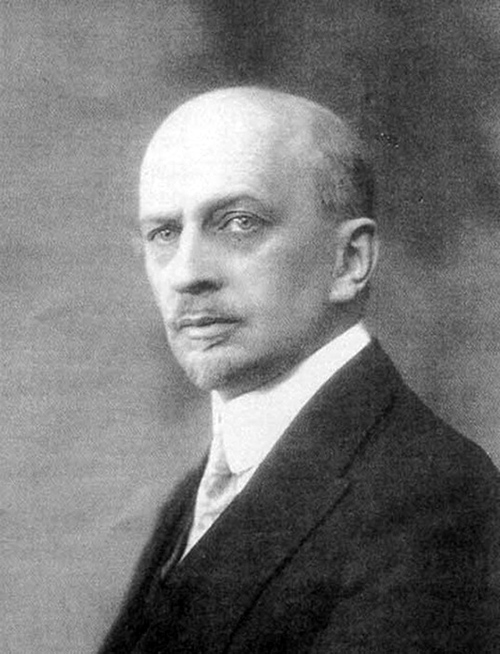
Opinion polls by Levada Center back in 2009 showed significant support for the ideas of fascism by Russian people. “Russia for Russians” thesis was then supported by 54% of the people, for example. 35% of Russians were hostile towards representatives of other nations. With Russian propaganda evolved since 2009, and Russia’s confrontation with other nations and peoples becoming the priority, those numbers have undoubtedly increased.
Putin’s denial of Ukraine and Ukrainians as a state and nation also comes from the ideas of Russian fascism ideologist Ivan Ilyin.
Ilyin said Russia’s expansion was self-defense, which is fully in accord with Putin’s rhetoric, as for justifying the grounds for the invasion of Ukraine in February 2022 as well. Another Ilyin’s idea, used extensively by the Kremlin, is anoutside attack on Russian innocence and justified Russian response to that threat. Russia is always a victim, he says. The Russian rule of kleptocracy likes Ilyin’s ideas, as he described Russian lawlessness as patriotic virtue in his essays.
Ilyin created a formula when love to God means constant struggle against the enemies of the Divine order, which is Russia. Proponents of Ilyin’s ideas in the Kremlin eventually believe they are the patriots who, according to Ilyin, will give freedom and law and lead Russia to salvation.
Ilyin claimed that the leader should be masculine enough, that is why Putin’s rhetoric and actions can be viewed as more than just psychosexual tendencies. “The Savior will contain the facts, redirect passion, and create a myth, ordering to viciously attack the selected enemy,” Ilyin wrote. These words are the best to reflect the connection of Putin’s policy to Ilyin’s ideas. The savior is still a political leader. There is an analogy here with Hitler seeing himself as Germany’s savior, who saves it from the shame of defeat in the WWI. Like Carl Schmitt, the fascist theorist, Ilyin described politics as the art of identifying and neutralizing the enemy. That explains why Moscow is focused on confrontation, eager to find enemies at home and abroad.
Ilyin conveys the idea of Russia’s innocence to the innocence of the savior (its leader). Today’s Kremlin understands this innocence as the burden of Christ, that is why the Russian government is ideologically tied to its church. The divinity of the savior means that he is not subject to aging or death. That is totally in line with Putin’s image, as the Kremlin seeks to create it by propaganda. Ilyin believed Russia is a repository of ultimate good, with the West being its constant enemy. The Russian regime cannot offer the rational reason for confronting the West, so it switches to irrational categories of good and evil. The Kremlin needs a tool, therefore, to manage the irrationalism of people, and that is the Russian Church that successfully provided people’s loyalty before the socialist revolution of 1917.
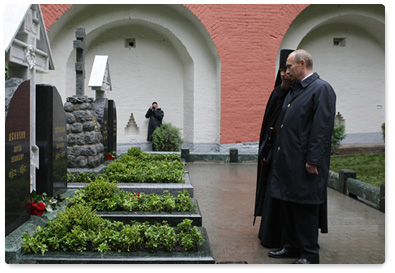
Ilyin’s archive was brought back to Russia in 2006 and placed in Moscow State University’s library, following Vladimir Putin’s initiative. That means Putin has long been keen on Ilyin’s fascist ideology. In April 2022, in one of his talks to his confessor Tikhon (Georgy Shevkunov), Vladimir Putin admitted he often reads over the philosopher’s essay “What does the world seek from the dismemberment of Russia?”The Kremlin sent collections of Ilyin’s essays to policy makers in early 2014. The Putin regime’s policy, therefore, is closely tied to the ideology of Russian fascism, and the efforts by Moscow to promotethese ideas suggest this ideology is backed and implemented at the political level.


